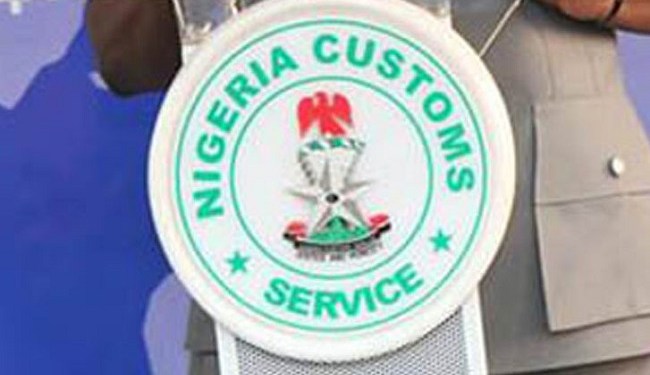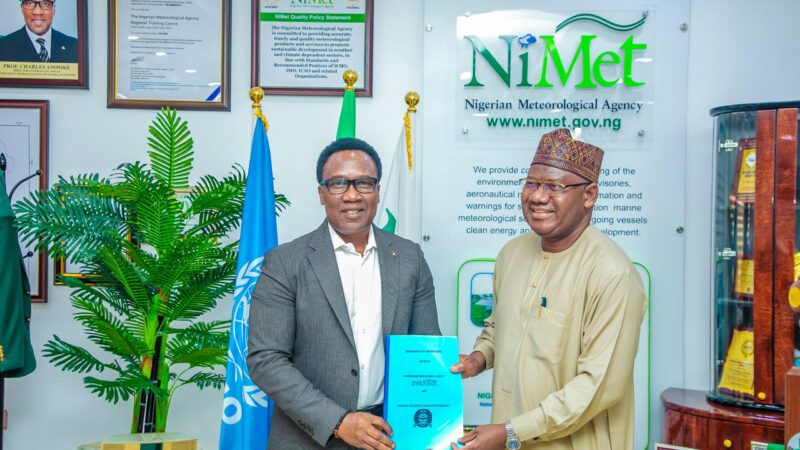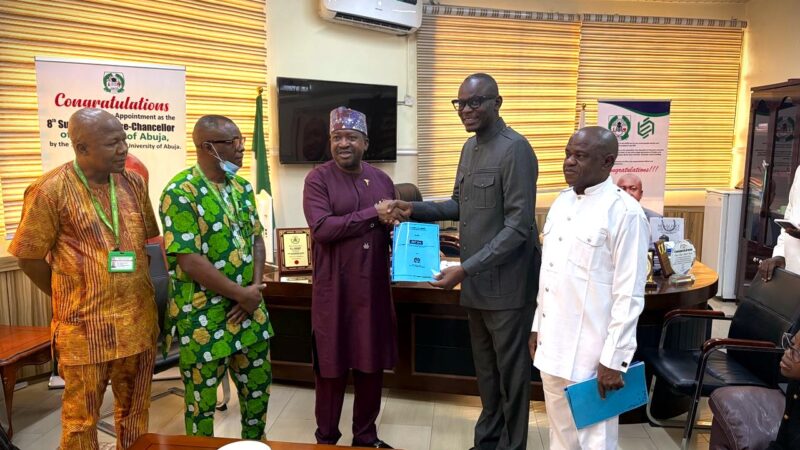Customs, Shippers’ Council Strengthen Collaboration on B’Odogwu Implementation to Ease Trade Processes

The Nigeria Customs Service (NCS) has stepped up efforts to address concerns over the rollout of its Unified Customs Management System, popularly known as B’Odogwu, by engaging the Nigerian Shippers’ Council (NSC) in high-level consultations aimed at refining implementation and easing trade bottlenecks.
The meeting, held on Monday, 19 August 2025, at the Customs Headquarters in Abuja, brought together the Comptroller-General of Customs, Bashir Adewale Adeniyi, MFR, and the Executive Secretary of the Nigerian Shippers’ Council, Dr Akutah Ukeyima, to deliberate on operational challenges raised by freight forwarders and Licensed Customs Agents.
Industry stakeholders had expressed worries about delays, system integration hitches, and demurrage costs linked to the ongoing rollout of the B’Odogwu platform.
Dr Ukeyima, while conveying these concerns, emphasised the importance of urgent responses to minimise financial losses and prevent disruptions in the cargo clearance chain.
“The feedback we are receiving highlights issues around documentation, port logistics, and the need for smoother system integration. We must act quickly to cushion the financial impact on operators and safeguard the integrity of cargo clearance timelines,” the NSC boss noted.
In response, the Customs Comptroller-General reiterated the Service’s commitment to the B’Odogwu project as a central pillar of its ongoing modernisation programme.
He assured industry players that the challenges witnessed in this transition phase would be systematically addressed through continuous stakeholder engagement, phased improvements, and ongoing system upgrades.
“B’Odogwu is not just another platform – it is a flagship project designed to usher in a transparent, technology-driven, and globally competitive clearance process. We are committed to resolving teething challenges and ensuring that trade facilitation remains seamless and cost-effective for all operators,” Adeniyi said.
Both agencies agreed that sustained dialogue and collaboration were essential to achieving the system’s objectives. They pledged to deepen consultations with other critical stakeholders, including shipping lines and terminal operators, to further harmonise processes and mitigate emerging concerns.
The Customs Service stressed that transitional challenges are expected with any large-scale reform but assured that proactive measures were being taken to shield freight forwarders, agents, and other operators from undue costs, particularly excessive demurrage charges.
B’Odogwu, an indigenous innovation developed under the Customs Modernisation Programme, aims to centralise Customs processes, cut clearance timelines, reduce costs, boost compliance, and strengthen government revenue. It is also designed to create a unified platform integrating all key players in the clearance chain.
Calling for the cooperation of stakeholders, the Customs boss urged freight forwarders, agents, and operators to provide constructive feedback that would help fine-tune the system.
“The success of B’Odogwu depends on our collective commitment to building a modernised trade ecosystem that promotes efficiency, competitiveness, and national development,” Adeniyi added.
The engagement marks another step in Customs’ drive to entrench integrity, innovation, and efficiency in Nigeria’s trade environment.







